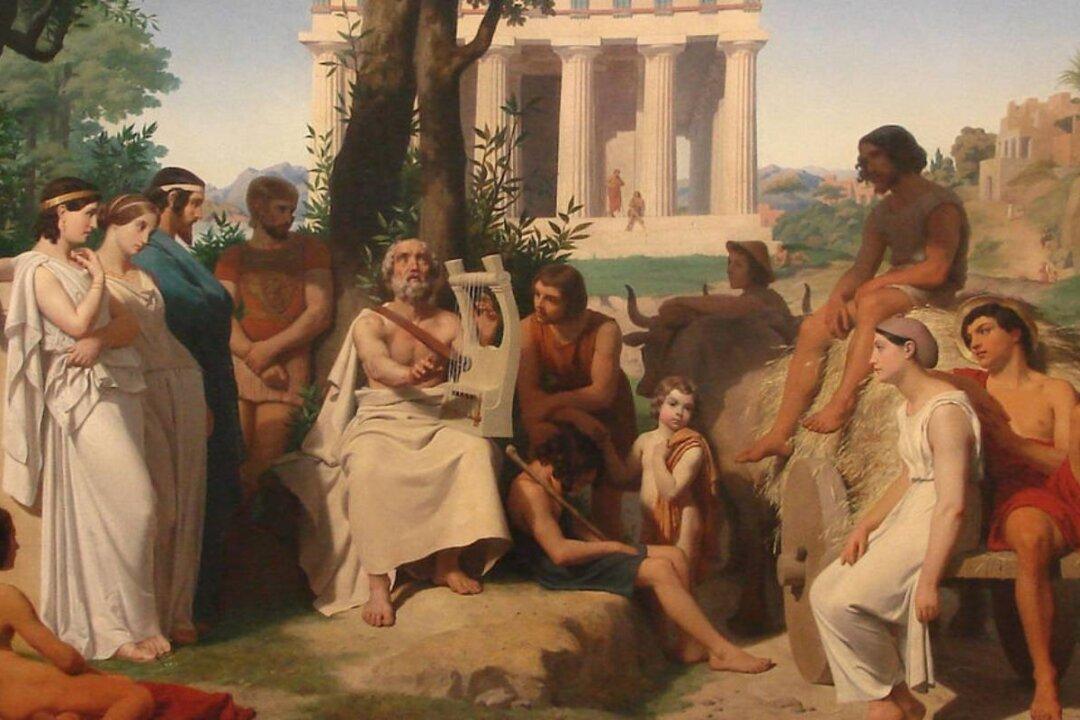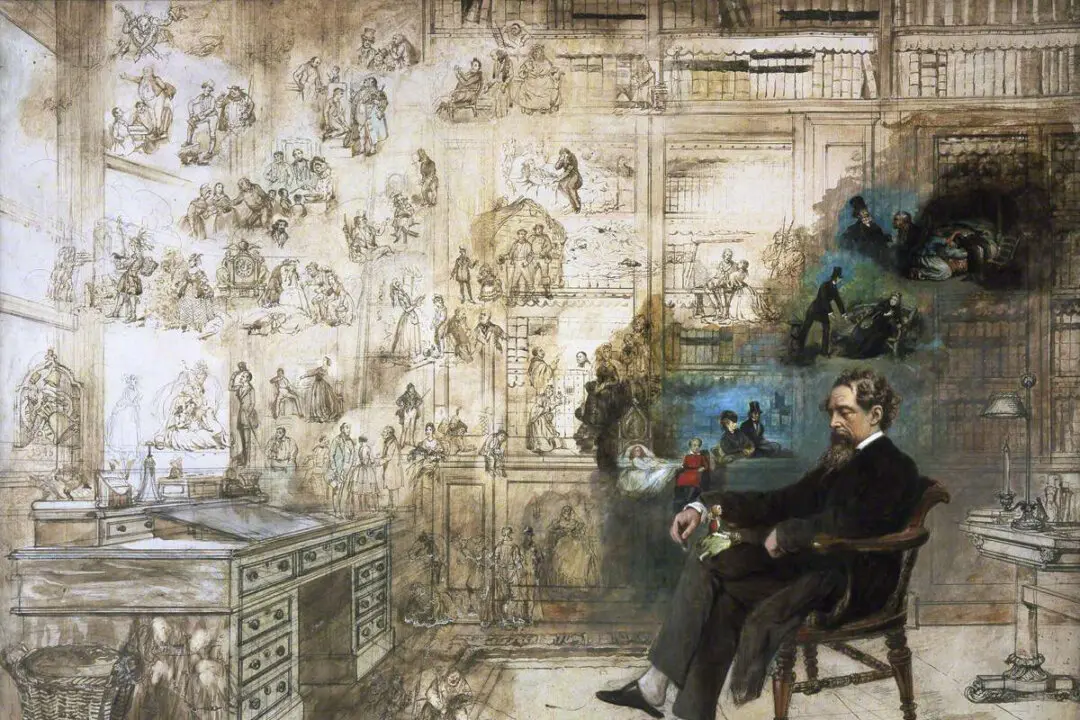Good storytelling is far more difficult than many realize. Discipline and understanding guide it, but inspiration and heart drive it.
In his short story “A Piece of Possible History,” Edward E. Hale tells how the ancient Greek poet Homer and the Bible’s King David meet in a camp and exchange songs. Through these two singers, Hale conveys the importance of storytelling and the heart that allows us to fill it with meaning.






